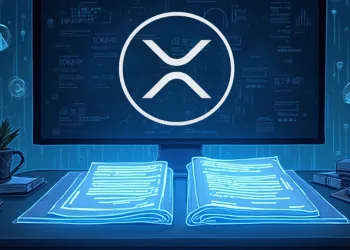- Elon Musk’s companies have received at least $38 billion in government contracts, subsidies, and tax incentives since 2007.
- Arthur Hayes publicly called out Musk for criticizing government spending despite extensive public funding of his ventures.
- Data suggests the full scope of aid to Musk’s companies may exceed reported figures due to indirect and undocumented support.
Immediately following Musk’s recent criticism of the U.S. congressional spending bill, the reaction online became clear, with one reply that called attention to an apparent contradiction. Hayes mentioned the hypocrisy of Musk’s claims, pointing out that Musk himself has benefited from government aid. He went ahead to encourage people to just buy $BTC. His remarks coincided with a Washington Post investigation revealing that Musk’s business ventures have benefited from at least $38 billion in public funding.
Multi-Level Government Support for Musk Ventures
The data from Subsidy Tracker, details how various public agencies have subsidized Musk’s firms since 2007. Tesla and SpaceX have received a mix of federal contracts, low-interest loans, and development incentives. They supported the firms’ early growth, particularly as they scaled up operations and entered new markets.
A significant share of the billions came from contracts granted by NASA and the Department of Defense through federal agencies. Such agreements assisted in financing significant work on spacecraft, the launch of satellites and delivery of cargo.
State and Local Incentives Complemented Federal Deals
Alongside federal involvement, several U.S. states contributed through targeted business incentives. California, Texas, and Nevada led in providing tax credits, land grants, and facility reimbursements to attract and retain Musk’s operations.
To illustrate, Tesla’s large factories were built through government packages that secured job creation and a commitment to long-term investment. Sometimes, local officials improved roads and other infrastructure to support factories, adding more value to the public aid.
While the Subsidy Tracker records known deals, the actual figure may be higher due to unlisted support. These can include indirect subsidies such as utility discounts, zoning advantages, or deferred tax arrangements.
As these forms of aid often go undocumented in official records, the reported $38 billion is likely a conservative estimate of total government involvement.














